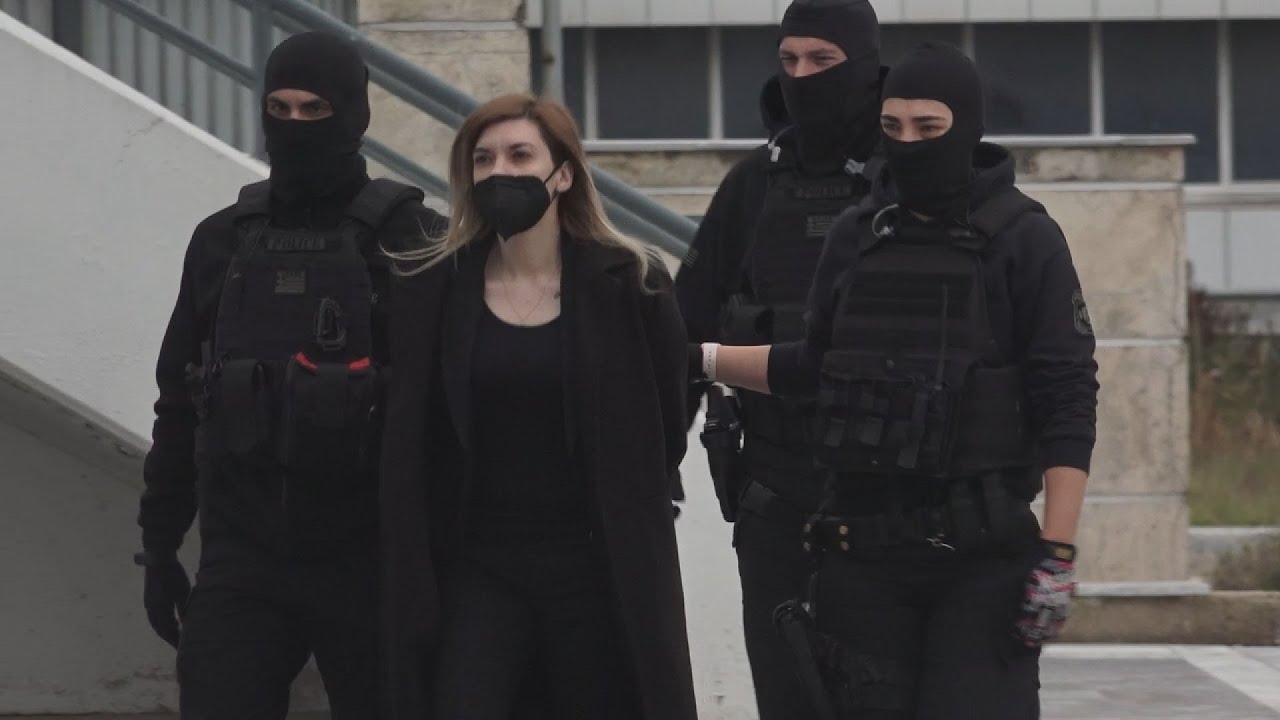Eurovision Voting: Jury And Televoting Explained

Table of Contents
The Jury Vote: Expert Opinions Shaping the Result
Each participating country in the Eurovision Song Contest has a professional jury made up of five music industry experts. These individuals, often comprising music critics, composers, and performers, judge the performances based on a range of criteria. These criteria typically include vocal performance, song composition, stage performance, artistic impression, and overall originality. Their scores are kept secret until the live show, ensuring the integrity and objectivity of their assessments. The Eurovision jury plays a crucial role in providing a balanced and nuanced perspective beyond simple popular appeal.
- Juries prevent bias from public opinion: The expert panel offers a counterbalance to potential trends or biases in the televoting.
- Each juror submits individual scores: This prevents any single individual from unduly influencing the result and promotes a diverse range of opinions.
- Jury scores are weighted equally with televoting results: This demonstrates a commitment to fairness and equal consideration of expert and public opinion in Eurovision voting.
- The composition of juries varies from year to year: This rotating system helps maintain objectivity and prevent potential conflicts of interest within the Eurovision jury.
- Juries contribute to a more nuanced and balanced assessment of the competing entries: Their expertise ensures that the judging isn't solely based on superficial elements but on the overall artistic merit of each performance.
Televoting: The Power of the People in Eurovision
The televote represents the raw, unfiltered power of the public's voice in the Eurovision Song Contest. Viewers from each participating country can vote for their favorite entries via telephone, SMS, or online platforms. This public voting provides a direct reflection of popular opinion and adds a crucial element of audience participation to the contest. The excitement of seeing the televoting results unfold is a core part of the Eurovision experience.
- Televoting allows the public to have a direct say in the outcome: This direct democracy aspect makes Eurovision voting unique and engaging for millions of viewers worldwide.
- Voting methods vary slightly between participating countries: While the core principle remains the same, minor adjustments in methods cater to the preferences and technical capacities of individual nations.
- A combination of phone and online voting ensures wider accessibility: This ensures that individuals with various technological capabilities can participate in the Eurovision televoting.
- Strict rules are in place to prevent fraud and manipulation: The Eurovision organizers take significant steps to ensure a fair and transparent televoting process, preventing any unfair influence on the results.
- Televoting contributes to a more dynamic and unpredictable outcome: The unpredictable nature of public voting often leads to surprising results, adding to the overall thrill of the contest.
Combining Jury and Televote: The Final Score Calculation
The final score for each country in the Eurovision Song Contest is a 50/50 combination of the jury vote and the televote. This ensures that both expert opinion and public preference are equally weighted in determining the winner. This weighted voting system is a core element of the Eurovision voting process, promoting fairness and reflecting a broad range of perspectives. The scores are tallied and announced during the live broadcast, building suspense and excitement for viewers worldwide.
- Both jury and televote scores are equally important: This balance is crucial to the integrity of the competition.
- The final score is the average of jury and televote results: This simple yet effective calculation method ensures transparency and ease of understanding.
- This system ensures a balance between professional opinion and popular choice: This blend prevents either element from dominating, resulting in a more holistic and representative outcome.
- Transparency in scoring contributes to the fairness of the contest: Openly presented results build trust and confidence in the process among viewers.
- The combined system provides a richer and more representative result: By blending expert opinions and public votes, the Eurovision voting system strives for a fair and comprehensive assessment of the competing entries.
Conclusion
The Eurovision Song Contest's voting system, combining jury and televoting, successfully balances expert opinion with public preference, creating a dynamic and engaging competition. Understanding the nuances of jury voting and televoting provides a deeper appreciation for the complexities and excitement of this iconic event. Learn more about the intricacies of Eurovision voting and how the points are awarded by exploring other resources online! Engage with the process and let your voice be heard next year through televoting!

Featured Posts
-
 La Muerte De Juan Aguilera Un Duro Golpe Para El Tenis Espanol
May 19, 2025
La Muerte De Juan Aguilera Un Duro Golpe Para El Tenis Espanol
May 19, 2025 -
 Boyleyma Symvoylioy Efeton Dodekanisoy 210 Enorkoi Sto Mikto Orkoto Efeteio
May 19, 2025
Boyleyma Symvoylioy Efeton Dodekanisoy 210 Enorkoi Sto Mikto Orkoto Efeteio
May 19, 2025 -
 Justice For Stolen Dreams A Restaurant Owners Story Of Loss And Accountability
May 19, 2025
Justice For Stolen Dreams A Restaurant Owners Story Of Loss And Accountability
May 19, 2025 -
 Real Madrids Ambitious Transfer Plans After Mbappes Arsenal Disappointment
May 19, 2025
Real Madrids Ambitious Transfer Plans After Mbappes Arsenal Disappointment
May 19, 2025 -
 Cne Define Fecha Limite Inscripcion De Candidatos Sin Primarias
May 19, 2025
Cne Define Fecha Limite Inscripcion De Candidatos Sin Primarias
May 19, 2025
